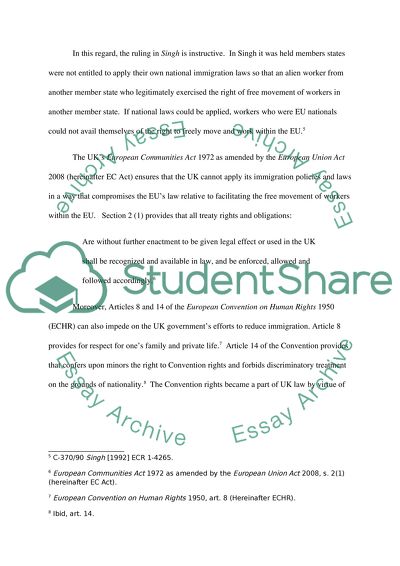Cite this document
(“Immigration and Asylum Law Essay Example | Topics and Well Written Essays - 3500 words”, n.d.)
Retrieved from https://studentshare.org/law/1397214-immigration-and-asylum-law
Retrieved from https://studentshare.org/law/1397214-immigration-and-asylum-law
(Immigration and Asylum Law Essay Example | Topics and Well Written Essays - 3500 Words)
https://studentshare.org/law/1397214-immigration-and-asylum-law.
https://studentshare.org/law/1397214-immigration-and-asylum-law.
“Immigration and Asylum Law Essay Example | Topics and Well Written Essays - 3500 Words”, n.d. https://studentshare.org/law/1397214-immigration-and-asylum-law.


